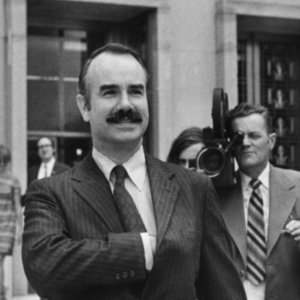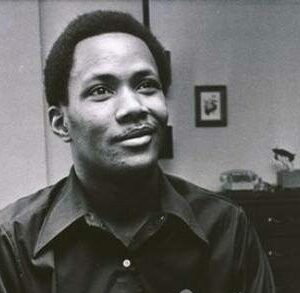WATERGATE at 50: Dirty Tricks Have Just Gotten More Sophisticated

All this week, Delaware Valley Journal will be publishing stories about the impact of Watergate on American politics and culture, leading up to the 50th anniversary of the break-in on Friday, June 17th.
June 17 marks the 50th anniversary of the night when D.C. police arrested five men breaking into the Watergate hotel/office/apartment complex. The burglars were operatives of President Richard Nixon’s re-election campaign. Their mission: to tap phones and steal documents from the Democratic National Committee, which had its headquarters in the Watergate.
The operation was planned and supervised by G. Gordon Liddy, a former FBI agent who was the general counsel of the president’s campaign. He financed the caper with campaign funds. Liddy and the burglars were criminally charged and convicted. Others who participated in the subsequent cover-up orchestrated by the White House, including John Ehrlichman, Nixon’s adviser for domestic affairs.
The investigation of the attempted Watergate break-in by a select committee chaired by Sen. Sam Ervin of North Carolina eventually led to the White House audiotapes, the infamous 18-minute gap, and House Judiciary Committee approval of three articles of impeachment. Nixon resigned August 8, 1974, to avoid a vote by the House and a potential impeachment trial in the Senate.
A month later, President Gerald Ford pardoned Nixon, saying his action was intended to end a “long national nightmare” and a disruptive scandal that had polarized the public. He feared that potential litigation against the former president would arouse “ugly passions” and challenge the “credibility of our free institutions of government … at home and abroad.”
So, have things gotten better since then? Liddy and his fellow co-conspirators were driven by political objectives — to find out everything they could about what the Democratic Party was doing and to get information that they could use to sabotage George McGovern’s presidential campaign. But they got caught because of their ineptness.
Compare that to what we now know happened in the 2016 presidential campaign. The Hillary Clinton presidential campaign — using campaign lawyers, an opposition research firm and allies in the press — orchestrated a smear campaign against Donald Trump. The concocted hoax about his supposed collusion with the Russian government continued well into his presidency.
The Clinton campaign didn’t have to engage bumbling burglars for a risky wiretapping scheme. Instead, as the special counsel, the Justice Department’s inspector general, and the John Durham investigation have revealed, they created a salacious “dossier” rife with phony claims. They also enlisted the help of a technology executive and university researchers with government cybersecurity contracts to secretly scoop up internet communications data from Trump both during the campaign and from the White House itself after he became president. The sophistication of this conspiracy makes Gordon Liddy look like an amateur.
Even the FBI got entangled in this dirty political trick, leading the nation’s most powerful law enforcement agency to abuse its authority under the Foreign Intelligence Surveillance Act to spy on people connected to the opposition presidential campaign. This, in turn, led to the expensive, unjustified two-year investigation by Special Counsel Bob Mueller that baselessly hampered Trump (and his advisers) in carrying out his presidential duties.
In 1972, Nixon’s dirty trick failed, and Liddy and his co-conspirators all went to prison. The Clinton campaign’s dirty trick failed to win the election. Still, it succeeded in hobbling the Trump presidency and corrupting the Justice Department. Yet no one has gone to prison as a result of what happened in 2016. The cover-up was so successful that we didn’t even know about the illegal spying and politicization of Justice until well after it occurred and the dirty deed was done.
So, what have we learned in the 50 years since Watergate? Dirty tricksters in politics have become more adept at hiding what they are doing, abusing advances in technology to further their dishonest ends, weaponizing federal law enforcement agencies against their political opponents, and using their friends in the media to ensure they are successful.
Americans deserve better. And unfortunately, the dirty tricks in the last presidential campaign have done precisely what Gerald Ford feared: raised “ugly passions,” polarized the electorate, and damaged the “credibility of our free institutions of government … at home and abroad.”
Please follow DVJournal on social media: Twitter@DVJournal or Facebook.com/DelawareValleyJournal



